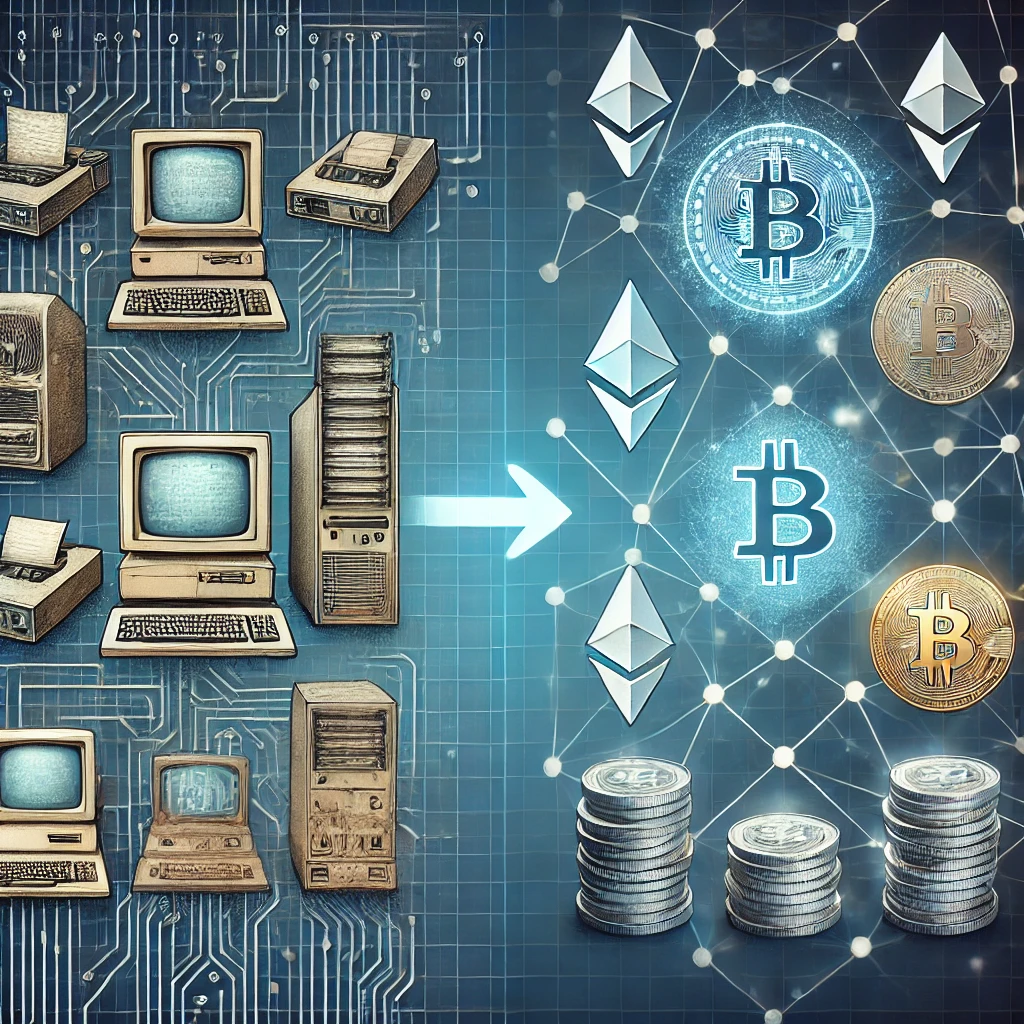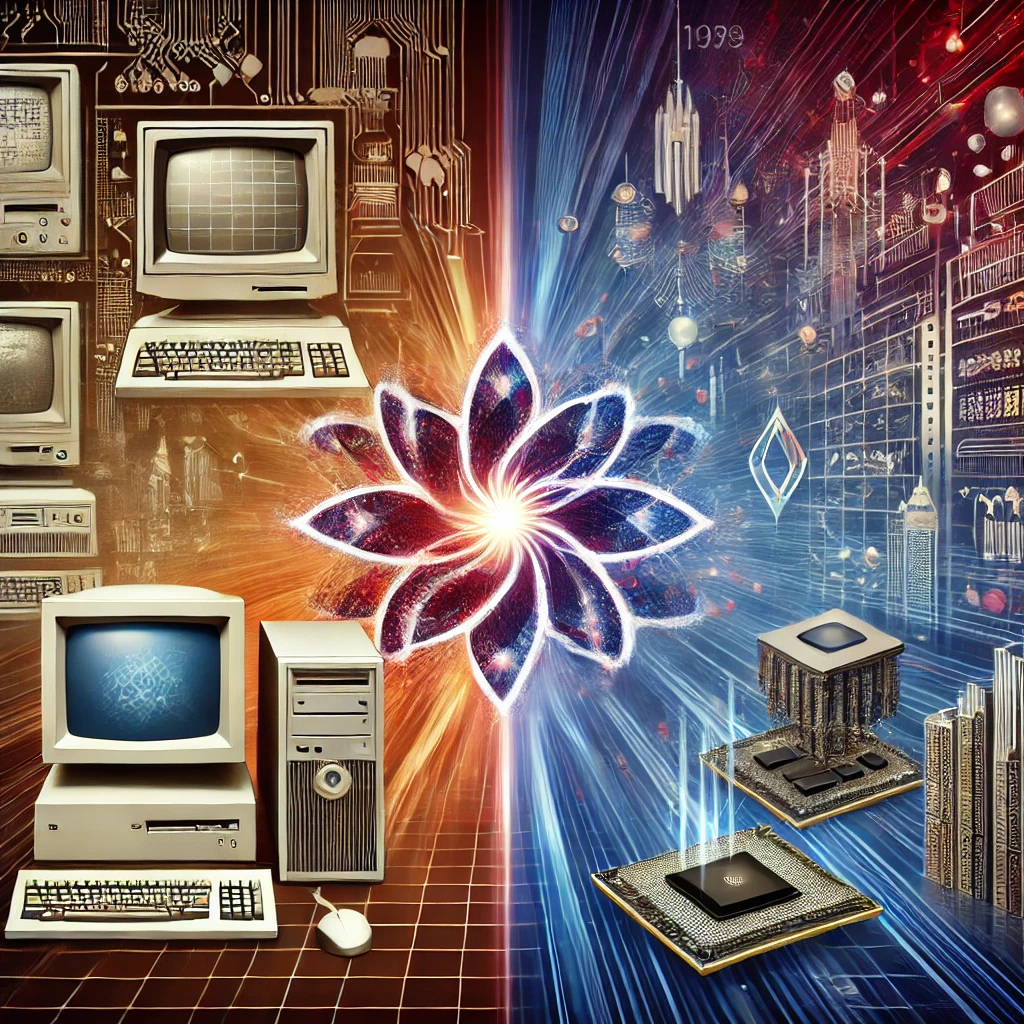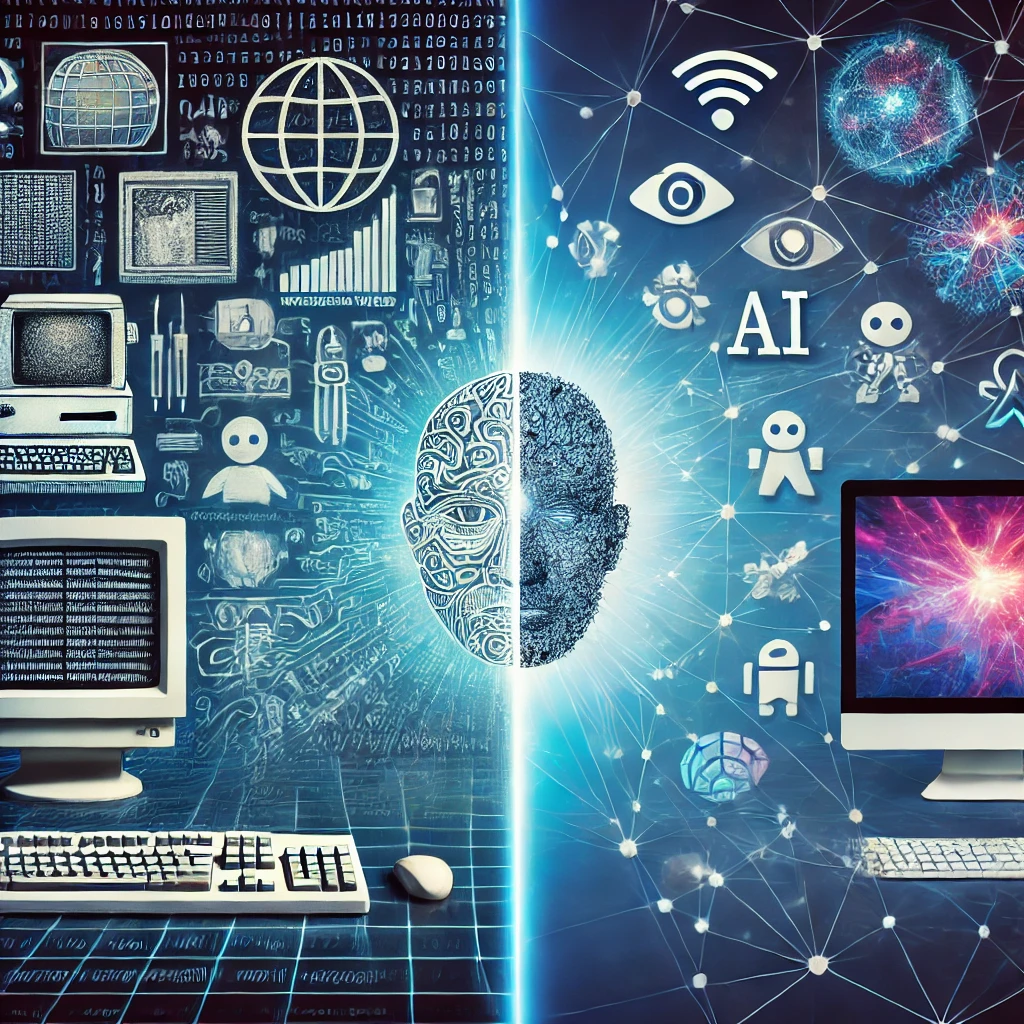
The evolution of technology has brought about significant milestones that have reshaped the way we interact, communicate, and conduct business. Among these, two major breakthroughs stand out for their decentralizing impact: the birth of the internet and the rise of blockchain technology. While both revolutions occurred in different eras, they share a common thread—decentralization, but in distinct ways.
The internet, which gained mainstream traction in the 1990s, was a massive leap in the way information was shared and consumed. Before the internet, access to information was centralized—libraries, books, and broadcasting agencies were the main sources. The internet decentralized this by allowing people to publish, access, and share content globally without a middleman. This democratization of information changed industries from media to education, giving individuals more power to produce and consume content on their own terms.
Blockchain, on the other hand, is a relatively new technology that began to gain prominence in the early 2010s. Just as the internet decentralized information, blockchain is decentralizing the way we manage assets, finances, and trust. With blockchain, data is stored on a distributed ledger that is immutable and accessible by multiple parties simultaneously. This structure removes the need for intermediaries, such as banks or brokers, making transactions faster, more transparent, and secure.
One of the internet's most significant impacts was its ability to connect people across vast distances, creating a new global economy where information moved freely. Blockchain reflects this shift but focuses on decentralizing economic interactions. While the internet enabled e-commerce and digital transactions, blockchain is transforming finance by introducing peer-to-peer systems that allow direct transfers of value—whether in the form of digital assets, property ownership, or contracts.
Both technologies have redefined industries in unprecedented ways. For example, the rise of social media platforms and content-sharing sites empowered individuals to reach global audiences, creating new careers and business models. Similarly, blockchain has introduced concepts like smart contracts, decentralized finance (DeFi), and non-fungible tokens (NFTs), which are revolutionizing industries like law, finance, and digital art.
In essence, the internet paved the way for decentralized communication and commerce, and blockchain is building on that foundation by decentralizing trust and ownership. Just as the internet created opportunities for new businesses and industries to flourish, blockchain is setting the stage for new decentralized ecosystems where people can transact, collaborate, and innovate without relying on traditional centralized systems.
The parallel between these two eras of technological evolution showcases the power of decentralization. As blockchain continues to grow, we may witness another wave of disruptive innovations that will shape the future, much like the internet did over the past few decades.
Both technologies represent a shift in control—from centralized authorities to distributed networks—and hold the promise of empowering individuals in ways that were previously unimaginable. The impact of blockchain may very well be as transformative as the early days of the internet, offering a new vision for how we manage trust, ownership, and value in a digital world.


Jessica Williams
Great post on the evolution of cellular technology!
John Smith
The article on the origins of the internet was fascinating!